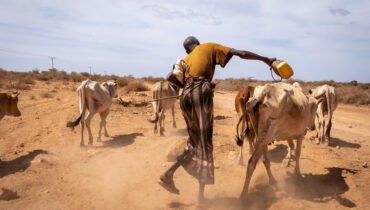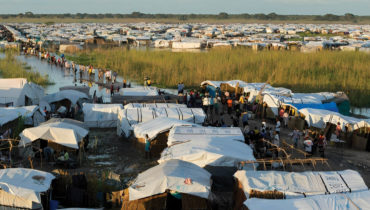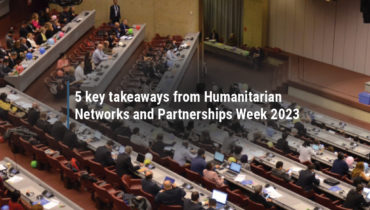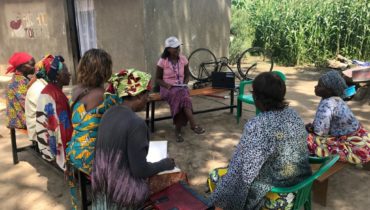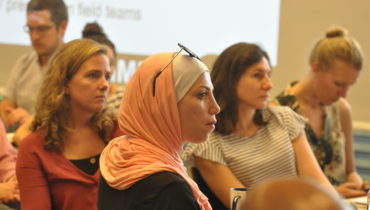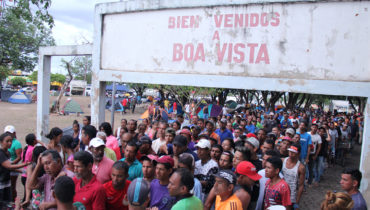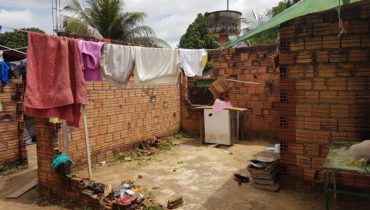Jordan: Improving Understanding of Syrian and Jordanian Women’s Livelihoods and Workforce Participation
15 June 2016
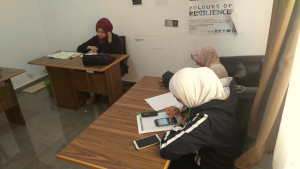
During the “Supporting Syria and the Region” donor conference held in London in February 2016, a number of donor governments, multilateral donors and the Hashemite Kingdom of Jordan concluded the “Jordan Compact”. This compact offers a new approach to the refugee situation in Jordan – where Jordan aims to allow 200,000 refugees to work in specified sectors. Governments and multilateral donors have made large-scale pledges to support the compact and a range of initiatives have since sought to ease and promote the economic inclusion of Syrian refugees – both women and men. Meanwhile, efforts are also being made to ease the burden on the host community through the creation of job opportunities for Jordanian men and women.
Despite this, very little information currently exists on the economic activity of Syrian and Jordanian women, as well as on attitudes towards employment in either the private or public sphere. To address this gap, UN Women and REACH are conducting an assessment aimed at understanding Syrian and Jordanian women’s labour force participation, factors that might hinder this participation and the conditions under which women would work either inside or outside the home. The ongoing assessment combines a quantitative component, consisting of a nation-wide, representative telephone survey of over 500 Syrian and Jordanian women, with a qualitative element consisting of focus group discussions (FGDs). The purpose of FGDs will be to contextualise and further explore the challenges which Syrian and Jordanian women might be facing in accessing livelihoods, as well as potential ways to overcome these.
With this snap shot assessment UN Women in collaboration with REACH seeks to ensure that the realities and needs of Syrian and Jordanian women are better understood and adequately taken into account in ongoing livelihoods discussions. The ultimate aim is to contribute to a gender-sensitive evidence-based approach to guide the large-scale livelihood initiatives which are currently under development and those that will be rolled out in the coming years.
Image: REACH enumerators conducting a call centre interviewing over 500 Syrian and Jordanian women on the topic of livelihoods and employment


